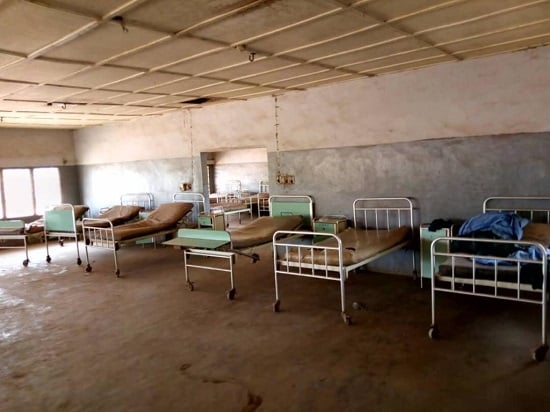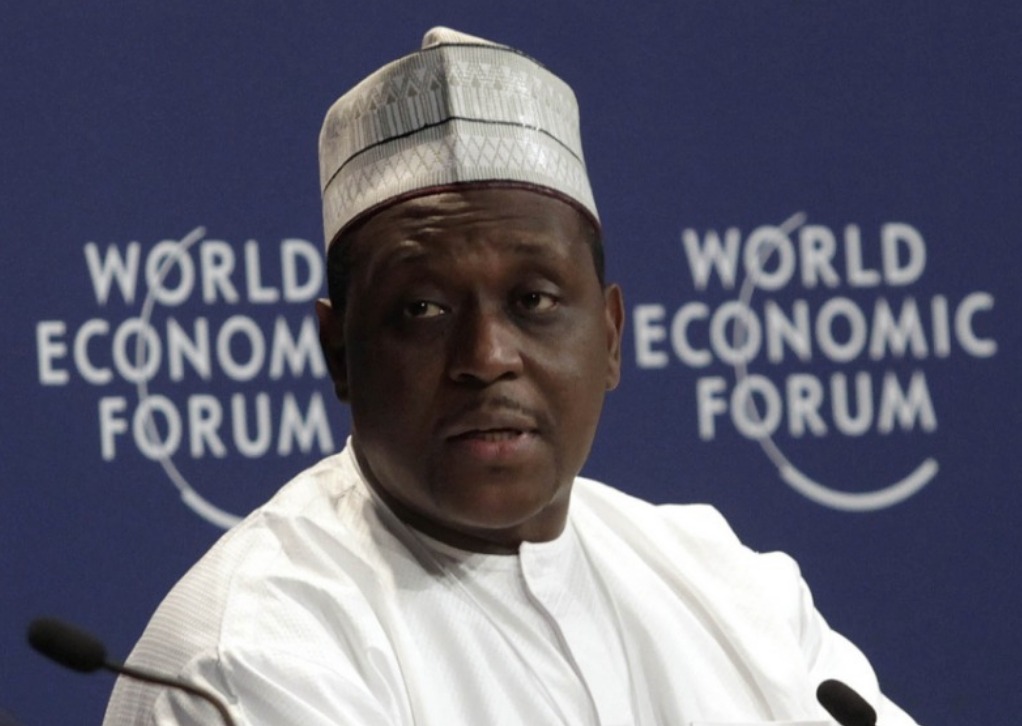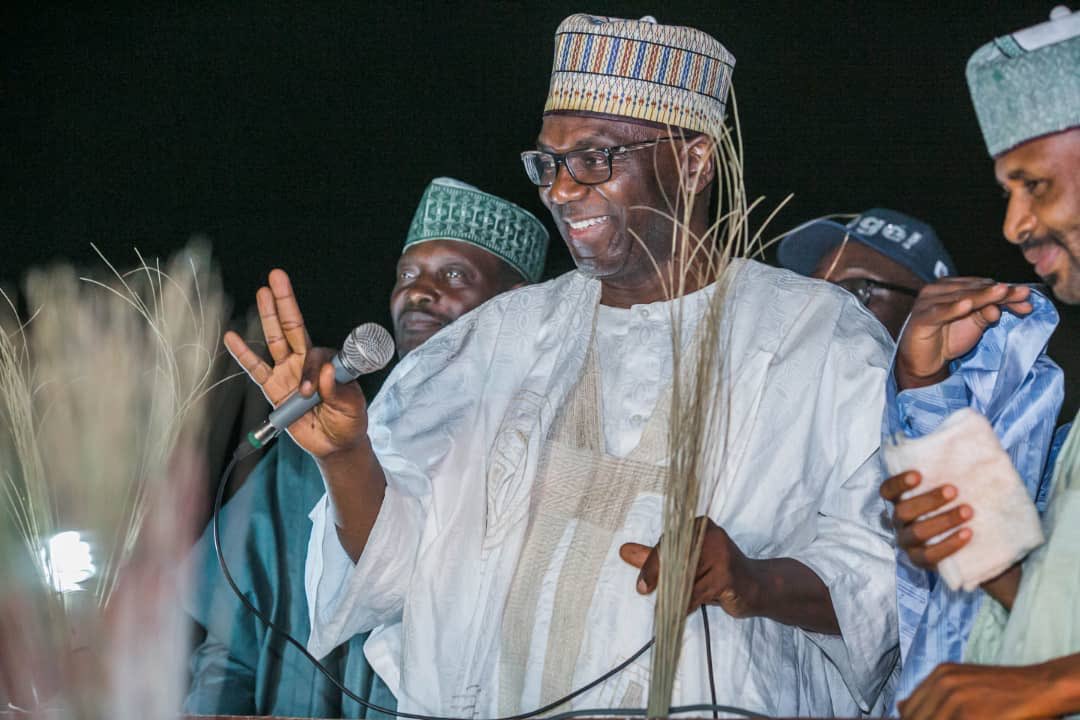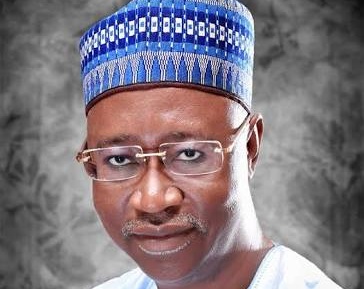Yahaya Memorial Hospital in Ankpa LGA, said to be one of the isolation centres for COVID-19 in Kogi
BY DANIEL EZEIGWE
A classical philosophical axiom mandates that the real essence of life is that we begin to adore the dawn of a new morning, revere the departure of another day and treasure the breath of a complete life. The humanists who proposed this witty remark must have known that man is basically an insatiable being. Man wants more out of a life already fulfilled. He wants longer life, more wealth, better health, best diet and a shelter that beats time. Man wants all the best things in life, mostly for free.
In December 2019, when when the world started getting discomforting feeds of a never-seen-before disease from Wuhan, a sub-provincial city in Central China, no one had thought that in few months time, what began like a chimney fire would become a global wildfire; weakening global powers and exposing countries with horrible health systems. In fact, everyone from every other country and city around the world except Wuhan, went their usual business. Reports later indicated that even Chinese leaders in Beijing initially wrote the deadly disease off matter-of-factly.
Today, recorded index cases of the coronavirus globally have reached over five million, with over 300,000 deaths also recorded. What those scary figures mean is that COVID-19 is now one of the biggest and worst pandemic in recorded human history. But an important question from the sidelines of these global hiccups is: What has the coronavirus pandemic really taught mankind? First, the global health emergency has taught man that life is ephemeral, thin and vain. It’s shown humanity that the air we take in could seize at any moment and make us mere losers in life’s games. Those who said that life was transient must have had a similar or closer experience.
Advertisement
Coronavirus has also taught humanity the need to appreciate the serenity of nature. The disorderly haste to make money, to make ends meet, to outclass competition, have seized as humans battle a course that has ended the chase for wealth. Millions of jobs have have been lost globally, industries have had to downsize just as others have closed down permanently. These sad turns are huge lessons for us to understand that we largely do not own our world. Man, perhaps, is occupying a loaned or borrowed territory that he must give back to the Owner in due time.
More importantly, COVID-19 has exposed human’s limited knowledge of his environment. Prior to this pandemic, there was no tip-off from both religious or scientific quarters about its imminence or ravages. The world was living her life. Countries were making fiscal policies. Churches made prophecies that 2020 was going to be an exceptional year. Scientists were reaping the praise for their previous breakthroughs. Politicians were cooking up tactics to hold onto power. No one saw this coming. It teaches us that as intelligent and ingenious as man is, his knowledge and wisdom are limited, just as his sights are short.
Global economies have crumbled. Monetary value has increased geometrically. Oil, the white geese that laid the golden egg, has lost its value. Places of worship have been deserted just as the usual aura of worship days has disappeared. World heavyweights have retreated in fear. It is a complete global standstill. COVID-19 has exposed man’s linear mentality which could be subdued by a heavier unknown force. Just as individuals who failed to diversify their income base have been left helpless after losing their jobs to the virus, COVID-19 has humbled nations that had all their eggs in one basket.
Advertisement
Countries that priotized administrative maladies over good governance have paid heavily for it. The neglect of the health sector, the porous and lackluster policies that define our health care system have met us face-to-face. No one; not even the leaders who insured their lives in hospitals abroad can escape from this self-made mess. Yet, it teaches us that home is the safest haven. We must however treat home with the best respect that it deserves. We must understand that we can’t give what we don’t have. The man who called home a devil’s town shall return to meet the devils.
Views expressed by contributors are strictly personal and not of TheCable.






